
Complete Guide: Living as an Expat in Berlin - Housing, Work & Cultural Tips
Berlin has become a major hub for expatriates, offering a unique blend of history, culture, and modern opportunities. Here's what you need to know about living in Germany's capital city.
Housing in Berlin When renting in Berlin, expect to provide proof of income, credit history (SCHUFA), and various personal documents. The rental market is competitive, especially in popular neighborhoods. For buying property, additional costs include:
- Estate agent fees
- Property transfer tax (3-7% of purchase price)
- Notary and land registration fee (up to 2% of purchase price)
Popular Berlin Districts for Expats:
- Mitte: Central location with abundant culture and parks
- Prenzlauer Berg: Family-friendly area with beautiful pre-war buildings
- Friedrichshain: Trendy district featuring the East Side Gallery
- Kreuzberg: Vibrant neighborhood with diverse dining and entertainment
- Neukölln: Multicultural area popular with artists and students
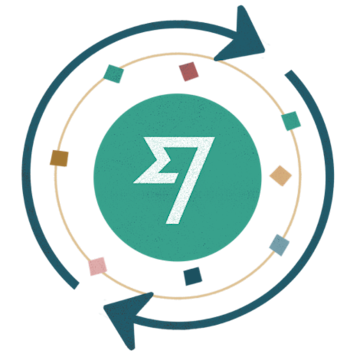
Wise app circular logo with arrow
Education and Universities Berlin offers excellent higher education options:
- Free University of Berlin (FU): Located in Dahlem
- Technical University of Berlin (TU): Based in Charlottenburg
- Humboldt University (HU): Situated on Unter den Linden boulevard
Cultural Differences and Adaptation
- Informal communication is common ("du" instead of "Sie")
- "Berliner Schnauze": Direct communication style
- Decentralized city structure with multiple neighborhood centers
- Strict recycling system
- Different shopping habits (bringing own bags, quick checkout)
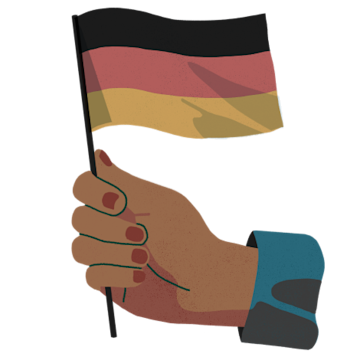
Hand holding illustrated German flag
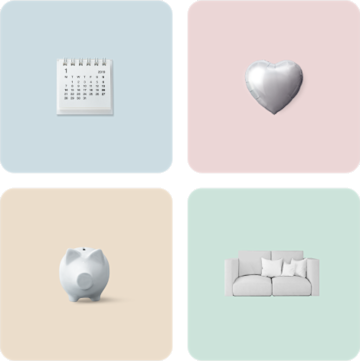
Calendar and banking lifestyle icons
Transportation Berlin's public transport system is extensive and efficient, including:
- U-Bahn (underground)
- S-Bahn (suburban trains)
- Trams
- Buses
- Extensive cycling infrastructure
Working and Living
- English is widely spoken in professional environments
- EU passport holders can work without additional permits
- Growing startup and tech scene
- Lower cost of living compared to other major European capitals
- Comprehensive healthcare system
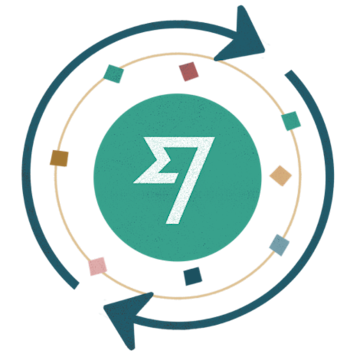
Coastal city beneath mountain range
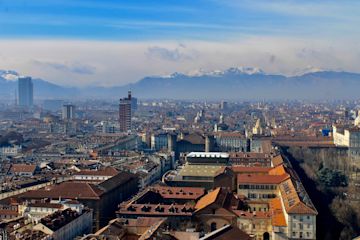
Turin skyline with urban buildings

Milan Cathedral against blue sky
The city's international atmosphere, cultural diversity, and quality of life make it an attractive destination for expatriates seeking both professional opportunities and personal growth.
Related Articles

Large American Companies That Have Offices in London: A Complete List of 22 Tech Giants and Major Firms
